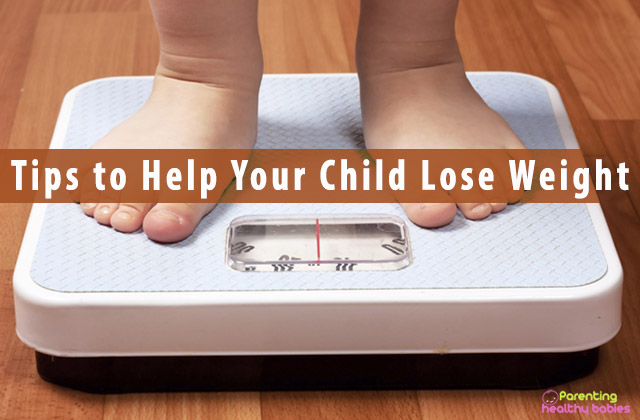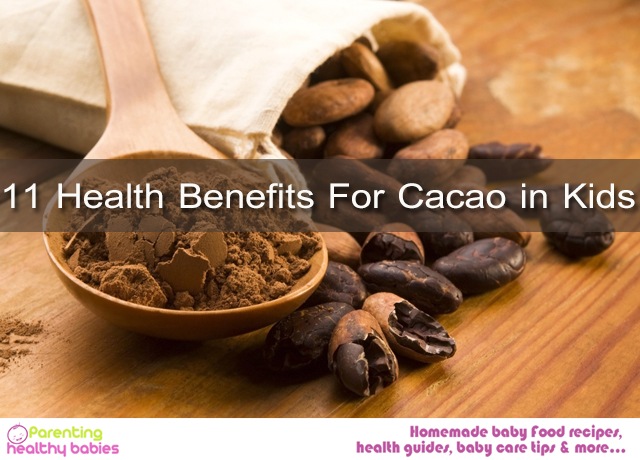Here is a list of foods to avoid in your baby’s diet. Introducing solid foods to your baby’s diet as soon as your baby is 6 months old is necessary for speedy growth, but a very important thing that we, as parents must remember is that babies who are just 6 months old wouldn’t be able to eat and digest all those foods as we adults do. There are some foods that can be introduced later on and there are few foods that should be avoided altogether until your baby is at least 1 year old or until teething begins.
Some foods must be avoided due to the fact that they can initiate allergies in your baby. Allergies occur on account of the immune system of the baby which is very new. The biochemicals found in a new food item might be identified wrongly by your baby’s immune system as threat, resulting in skin rashes, inflammations, etc. These can be avoided until the immune system can differentiate between actual threat and false alarm. And sometimes the food itself would be indigestible for the baby.
Read More: How To Introduce Meat Into Your Baby’s Diet
There is a higher chance for your baby to develop food allergies if it is in the immediate family history. If the siblings of the baby are allergic or one of the parents has food allergy, then there is a chance of the baby developing food allergy. The grandparents from the maternal side and the paternal side have food allergies, then there might be some chance for the baby to develop food allergies. If you are concerned, you can check for such allergies in your family and also take the advice of your pediatrician before introducing new foods that might be allergic to your baby, given the circumstances of your family history.
Read More: Health Benefits of Nutmeg in my Baby’s Diet
15 Foods to Avoid in Your Baby’s Diet
Allergic foods
Some of the very regular foods that cause allergies in toddlers have been identified and listed. These include.
Cow’s milk
Cow’s milk should not be given to children below the age of at least 1 year as research has shown that babies lack the enzymes to digest the milk, resulting in allergies. Approximately, 2% of babies are prone to milk allergy and hence cow’s milk should be discouraged for them. Studies show that cow milk can cause urticaria, angioderma, atopic dermatitis, infantile colic, gastro-oesophageal reflux, etc. Avoiding cow milk for the baby and also for the breastfeeding mother is recommended for cow milk allergy. Instead of cow milk, mother’s milk is highly recommended for babies, as breast milk contains the necessary nutrients and antibodies to keep the baby healthy. (Heine et al, 2002).
Soy milk allergy
Soy milk allergy is an allergy that develops from consuming soy products such as soy milk and tofu. In some cases parents use soy milk as an alternate to cow’s milk if the baby has cow milk allergy. Cow milk allergen has been identified as IgE-associated cow milk allergy (CMA). One study suggests that soy milk allergy can also occur in some children who have CMA. (Zeiger et al, 1999). Avoiding soy milk formula for babies is beneficial in preventing soy milk allergy as per AAP.
Cheese
Cheese is perhaps one of important sources of protein for your baby. But, there are cheeses that should be avoided altogether right from pregnancy till the baby is at least 2-3 years old. Green or blue colored cheese should be particularly avoided as fungus or bacteria are known to the source of that colour. Avoid cheese made from unpasteurized milk. Unpasteurized milk can also be contaminated by deadly microbes. Also avoid imported cheese. Not all the countries have the same stringent rules and regulations for milk pasteurization. Same goes for all those dairy products which are made from unpasteurized milk. Avoid them for your baby.
Read More: Can I give cheese to my Infant?
Peanut allergy
Peanut allergy is one of the common forms of food allergies in children. The symptoms to peanuts can range from irritation in mouth to anaphylactic shock in some cases. According to a research, there seems to be a way to avoid peanut allergies. This research suggests that peanut allergy occurs as a result of exposure of peanut products such as peanut butter, peanut flour and peanut oil through skin.
Read More: Health Benefits of Peanut Butter for Children
Tree nuts allergy
Tree nuts allergy includes a range of nuts such as walnuts, cashew nuts, brazil nuts, hazel nuts, pistachio nuts, almonds, etc. Peanuts do not fall under the category of tree nuts, as they belong to legume family. These nuts are known to cause allergic reactions in some infants and children. Avoid them until your baby is at least 2-3 years old. Most of the time, tree nut allergies disappear with age, but only in 20% of the cases, tree nut allergy persists and increases with time. Even though, your baby might not be allergic to nuts, avoid tree nuts until your baby is about 3-5 years old. Nuts have a high risk of choking.
Honey
Honey is another food that is not recommended for infants below the age of 1 year. Honey is a simple form of sugars like sucrose and fructose. These sugars can increase the risk of tooth decay and also there can be the presence of bacterial spores that can cause botulism in infants. Botulism can be dangerous for infants and honey consumption must be avoided for babies below the age of 1 year.
Read More: Health Benefits of Honey for Toddlers and Children
Wheat
Wheat, one of the staple food is also known to cause allergies. Some studies suggest that introducing wheat after 6 months of age the baby increases the risk of developing wheat allergy. Instead, early introduction of wheat at about 4 months of age decreases the risk of developing wheat allergy. The result of this finding has come out as a surprise against the conventional thinking that delayed introduction of food items is thought to decrease food allergies. Further research has been advocated in this regard.
Read More: Health Benefits of Wheat for Babies
Strawberries
Strawberries fall under the category of severe allergenic foods because the red colour giving protein in strawberries is known to be responsible for triggering allergic reactions. Babies are at a higher risk of developing allergic reactions to strawberries and hence, until they are at least 1 year old, do not give them strawberries as anaphylactic shock is also a possibility.
Read More: Health benefits of Strawberries for babies
Chocolate
Chocolate is not to be fed to your baby. The cocoa used in chocolate contains caffeine in significant levels. This is enough to give your baby headache. Apart from this, chocolate can contain peanuts and cow milk, both of which pose allergy risk for your baby. It is better to avoid chocolate until your baby is about 1-2 years old or until, the associated allergies disappear.
Seafood
Seafood such as lobsters, shellfish, crab, shrimp, etc can cause allergic reactions. The risk of allergies can range between medium to severe. While medium allergies can result in dizziness, loss of consciousness, difficulty in breathing, severe allergy can result in anaphylaxis which can be fatal unless there is an immediate medical intervention.
Eggs
Eggs can also cause allergic reactions in babies. Avoid feeding your baby with raw or half-cooked egg. Eggs must be fully cooked or boiled before they are given to your baby. Egg allergies are divided into three types, generally. One is allergy to egg white. The other is allergy to egg yolk and the third is allergy to both. Egg allergy can also be dangerous as it can cause anaphylaxis in some babies.
Read More: Health Benefits of Eggs for Kids
Grapes
Grapes are another fruit which must be avoided for your baby. Grapes are not risky in terms of allergies, but they pose other risks. Grapes are hard to chew, easy to swallow and can cause choking. So, it is better to avoid grapes until your baby develops teeth to chew them.
Read More: Health Benefits of Grapes for Baby
Citrus fruits
Citrus fruits include lime, lemon and orange, etc are particularly very acidic in nature and hence should be avoided until the baby is about 8 months old. Avoid giving pieces of orange or lemon but you can give juices diluted in a glass of water.
Salt
Salt is one of the most important condiments in our diet. It is important for adults. But for babies, salt is not advisable. In fact, it is recommended to avoid salt for your baby’s diet until the baby is ready to eat regular food just like us. The reason is that salt is pretty hard for the body of the young one to excrete resulting kidney damage. When buying baby food formula, look out for salt content in the ingredients if it is above the recommended numbers.
Other condiments and spices
Other condiments and spices must also be avoided until your baby is ready to eat adult food. Your baby might not be able to bear the flavor of those spices altogether at once. But, occasionally you can use one of those spices as a medicine. Example, ginger for stomach disorders and garlic for colds, etc.
These are some of the foods and condiments that must be avoided until your baby is at least 1 year old. As the months progress, foods that were once perceived as allergic by the body would no longer be perceived as allergic and these allergic reactions will subside. Even after the completion of 1 year, it is better to check for allergic reactions as some, not all allergic reactions can continue. But, few allergies might continue for some years in the future. Identifying such allergic foods and keeping your kids away from such fruits is essential in most cases.














